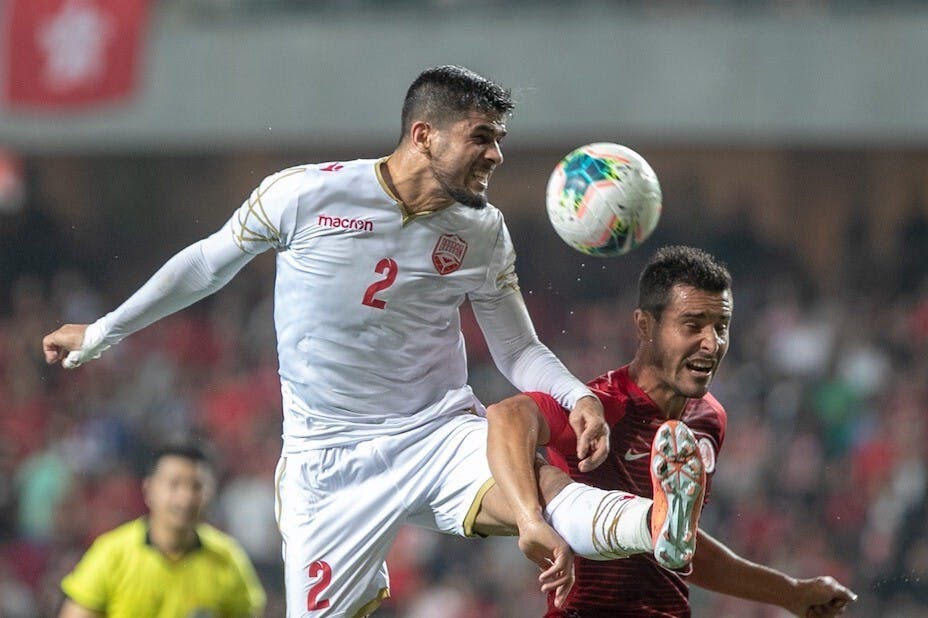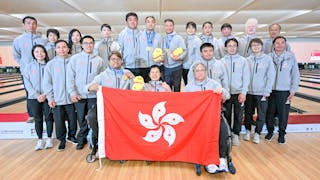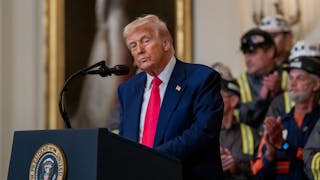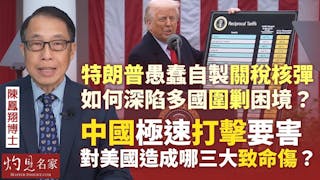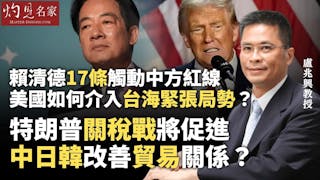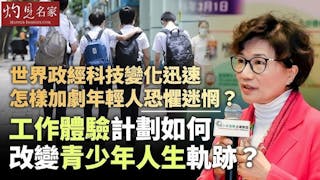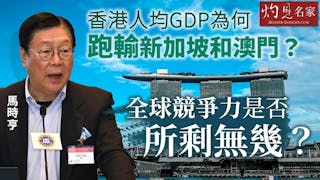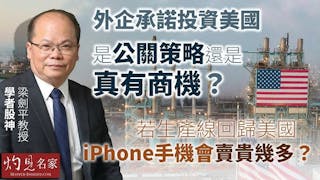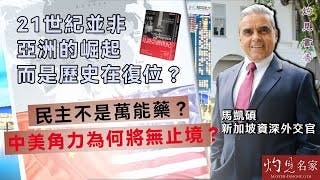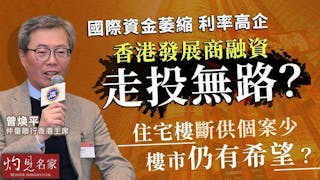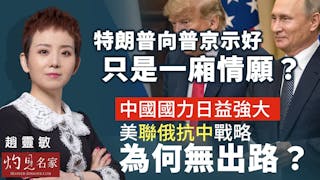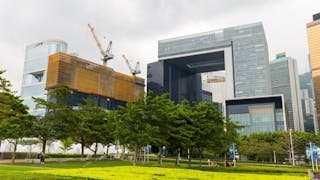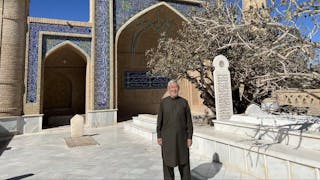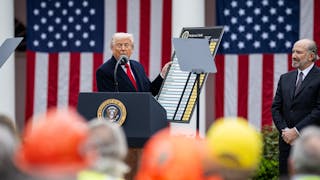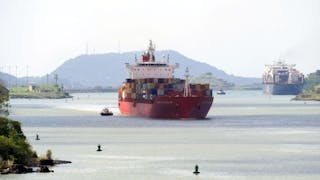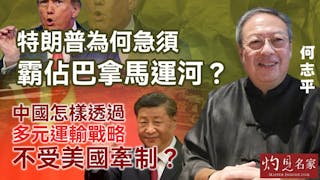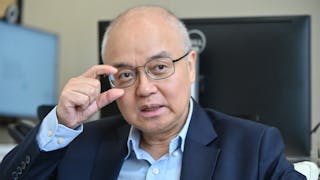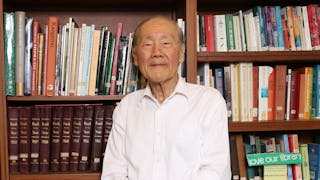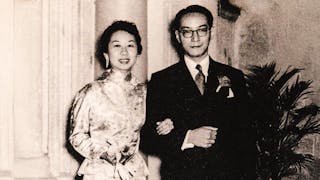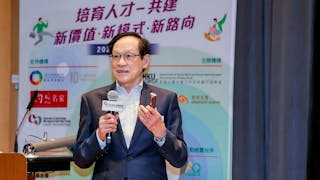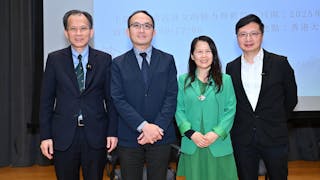根據國際足協(FIFA )截至2021年5月下旬的世界男子足球排名,在210個國家和地區中,中國排名第77位,遙遙領先中國台北(第141位)、香港(第144位)和澳門(第182位)。 如此,應該怎樣做才能提高香港、澳門和台北足球運動的水平呢?
港澳台三地足球水平偏低
從2022年世界杯亞洲區外圍賽(第二圈)的表現來看,中國足球的發展遠超港澳台。中國擊敗菲律賓(2:0)、敘利亞(3:1)、馬爾代夫(5:0)和關島(7:0),將進入第三圈的角逐;香港在小組中遇到強隊被淘汰,被伊朗(1:3)、巴林(0:4)和伊拉克(0:1)擊敗,但成功擊敗柬埔寨(2:0)。中國台北在2022年世界杯亞洲區外圍賽(第二圈)表現平平;被澳洲(1:5)、尼泊爾(0:2)和科威特(1:2)擊敗。
不過這次表現略好於第一圈串賽慘敗於澳洲(1:7)和科威特(0:9)。台北隊用回本土教練,表現似乎略有提升,但最近在第二圈賽事不敵澳洲和尼泊爾,則說明本土教練缺乏國際經驗,尤其是在比賽中輪換球員有欠果斷,顯得猶豫不決。 儘管4名在大陸踢球的台灣球員未能入選台北隊,是表現不佳的原因之一,但台北足球整體水平仍然偏低,亟需提高。
同樣地,香港足球水平也亟需迅速提高。和台北隊一樣,港足必須依靠一些出生在巴西和西班牙等國的外籍球員。 事實上,中國也有幾名在國外出生的球員,藉以提升國足的表現──這是世界男足特別是亞洲男足比賽的普遍趨勢。 儘管如此,依頼外籍球員表明亞洲許多國家和地區,都相對缺乏高水平的本土球員。 與台北和澳門相比,港足的發展或許更是一個突出的例子。
與香港和中國台北相比,澳門男足發展最為薄弱。2019年6月,澳門足總以安全理由,決定不派隊赴斯里蘭卡參加2022年世界杯亞洲區外圍賽首圈次回合比賽。48名球員聯署抗議,以示對足總的決定感到憤怒。 國際足協最終決定取消比賽。澳門隊除被判0:3輸給斯里蘭卡之外,同時亦遭罰款1萬瑞士法郎。
三地多依賴外籍球員及教練
香港、澳門和台北的足球發展存在幾個問題:一、三地都需要培養具有更佳球技和體能的年輕球員;二、三地的足總要有更好的管理;三、最重要的是需要更多國際和地區比賽經驗,以提高球員的水平,豐富他們的經驗。缺乏可以豐富年輕球員經驗的國際和地區比賽,是港澳台三地足球隊最突出的問題。
香港、澳門和台北的青年足球發展潛力未得到充分發揮。 除了中小學足球比賽需要快速發展外,大學足球隊並沒有得到鼓勵融入當地的聯賽。80年代韓國足運飛速發展,大學足球隊發揮了不可或缺的作用。
此外,國家足協與港澳台政府應成為真正的夥伴,至少在一定程度上進行正常的交流。 在這方面,港澳兩地政府在推動足球現代化方面做得不盡如人意。 政府的作用不僅是撥款,還要監督和協助足運發展。港府過去對足球發展採取放任自流的政策,統統交給足總管理,直到最近有批評者指出足總的管理問題。 如果港澳政府希望提升本地青年的愛國情操、民族認同和社會凝聚力,那麼至少應該定期和每年監督足總,要求他們向立法機關提交年度報告和發展情況。
除了足球員的年輕化,快速培養港澳台三地的本土教練也迫在眉睫。2017年和2018年,在英籍總教練懷特(Gary White)執教下,中國台北男足的表現大幅提升,世界排名升至121位,創下台北男足歷史最高排名。香港過去也依賴外籍教練提升排名;韓國著名教練金判坤在2009年至2016年執掌香港隊期間,提升了香港球員和球迷的本土認同感。也許還有一位被遺忘的香港隊外籍教練是已故的包勤(Frans Van Balkom,荷蘭籍),他在 1977 年世界杯外圍賽期間,曾將香港帶入了亞洲最後五強。
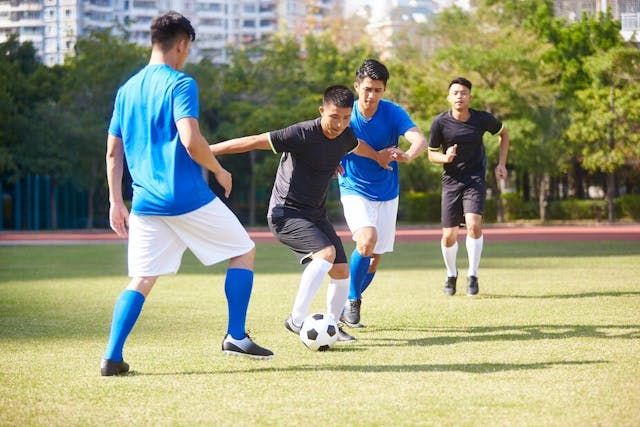
呼籲政府多方投資體育發展
然而,依靠外援並不能真正解決港澳台本土足球發展的根本問題。必須培訓本地教練,並給予足夠機會來積累他們的經驗。中國台北隊使用當地教練可以說是向前邁出了一步。即使是大陸國足,在意大利著名教練馬些路·納比(Marcello Lippi)辭職後,國家隊現在由著名的前足球先生李鐵率領。
最後,港澳台的本地足球發展應該得到稅務優惠的支持。有關政府可以對投資於當地球會的企業和私營機構給予稅務優惠。這樣,大型商業機構就可以在財政上推動足球運動發展。同時,足總應該有戰略規劃,從而能夠長期對球壇起到善治的作用。
綜上所述,港澳台足球水準的提升,需要重新燃起青少年的興趣,吸引他們參與,重組和改革足總的管理,制定和實施足球發展的長期規劃,培養和培養本土教練,以及為商業和私營機構投資當地球會提供大量稅收優惠。成功之路沒有捷徑可走,但足球水準的提升,仍然是港澳台地區體育發展、社會凝聚力和治理能力的可靠指標。
How Can Football Be Modernized in Hong Kong, Macau and Taipei?
According to the FIFA men’s ranking of football in the world as of late May 2021, China has been ranked 77, far ahead of Chinese Taipei (ranked 141), Hong Kong (ranked 144) and Macau (ranked 182) out of the total of 210 places. If so, what should be done to modernize the development of football in Hong Kong, Macau and Taipei?
Judging from the most recent performance in the second qualifying round of 2022 World Cup in the Asian region, China’s football development is far more advanced than Hong Kong, Macau and Taipei. China defeated the Philippines (2-0), Syria (3-1), Maldives (5-0) and Guam (7-0). It will go into the third round to compete further. Hong Kong was ousted in a group facing strong teams, defeated by Iran (1-3), Bahrain (0-4) and Iraq (0-1), but managed to outrival Cambodia (2-0). Taipei performed in a relatively lackluster way in the second qualifying round of 2022 World Cup; it was defeated by Australia (1-5), Nepal (0-2) and Kuwait (1-2). However, this performance was slightly better than Taipei’s first round during which it was heavily defeated by Australia (1-7) and Kuwait (0-9). The revert to local coaches in the Taipei team appeared to slightly improve its performance, but the recent defeat by Australia and Nepal in the second round demonstrated the local coach team’s lack of international experiences, especially the hesitation and delay in rotating players decisively during the matches. Although four Taiwan players who played in mainland China could not join the national team and constituted one of the reasons for the unsatisfactory performance, overall Taipei’s football remains weak and needs modernization.
Similarly, Hong Kong’s football needs to be modernized quickly. As with Taipei, its national team must rely on some naturalized players who were born in foreign countries like Brazil and Spain. Indeed, China also has several naturalized players born in foreign countries to boost its national team’s performance – a common trend in the worldwide competition of men’s football, especially Asia. Nevertheless, the dependence on naturalized players has demonstrated the relative lack of high-quality local players in many Asian countries and places. The Hong Kong football development is perhaps a prominent example compared with Taipei and Macau.
Macau stands out as the weakest in its men’s football development compared with Hong Kong and Taipei. The controversial management of the Macau Football Association could bee seen in June 2019 when it decided not to send the national football team to play in the 2022 World Cup qualifying match with Sri Lanka on the grounds of safety. Some players were angry with its decision, showing a lack of consultation beforehand. A total of 48 players in the Macau Football League signed their names in protest against the association’s decision. Eventually, the FIFA decided that Macau was defeated by Sri Lanka (0-3) and that the Macau side would be financially penalized. The Macau government analyzed the incident but respected the decision of the association, which would pay for the FIFA fine.
Management emerged as a crucial issue in the recent development of the Hong Kong Football Association (HKFA), whose problematic governance became the focus of the Director of Audit’s report in April 2020. Although the HKFA has recently revamped its leadership, it remains to be seen how the Vision 2025 Strategic Plan is going to be implemented so that good governance can be achieved, football standards can be raised, and financial sustainability will be maintained.
There are several problems in the development of football in Hong Kong, Macau and Taipei: (1) the urgency of grooming much younger players with better skills and physical capability in all the three places, (2) better management on the part of the national association, and (3) most importantly the need for more international and regional matches so that the standards of national player can be improved, and their experience will be enriched. The lack of international and regional matches which can enrich the experiences of younger players is the most glaring problem of the national teams of Hong Kong, Macau and Taipei.
One solution is to form a regional tournament that could have improved the experiences of players and the international standing. The Guangdong-Hong Kong annual tournament can perhaps be expanded to embrace at least Macau, while Macau itself should organize more regional matches with not just Hong Kong but also all the cities in the Greater Bay Area. Before 1971, Taipei football performed well internationally mainly because of the participation of some skillful players from Hong Kong. After 1971, when Hong Kong players no longer represented Taipei, Taiwan’s football development suffered a dip until the l990s when the government encouraged business enterprises to form their sports and football teams.
Taiwan’s football development has recently seen a surge in young players and teams at the primary school level – a phenomenon unseen in both Hong Kong and Macau. In terms of the cultivation of youth interest in football and youth talents, Taipei has much potential to be maximized further, whereas both Hong Kong and Macau have much to improve youth football development at the secondary and primary school levels. Summer football tournament should be expanded aggressively in both Hong Kong and Macau to reinvigorate youth interest and participation.
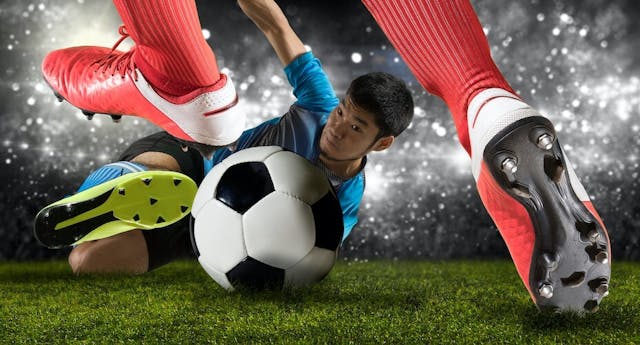
The youth potentiality in football development has not been fully maximized and utilized in Hong Kong, Macau and Taipei. Apart from the need for rapid development of football competition at the primary and secondary school levels, university teams have not been actively encouraged and integrated into the local leagues of Hong Kong, Macau and Taipei. During the rapid development of football in South Korea in the 1980s, some university teams played an indispensable role.
Moreover, the national football association and the governments of Hong Kong, Macau and Taipei should work as real partnerships with at least some degree of healthy checks and balances. In this aspect, the governments of Hong Kong and Macau did unsatisfactorily in contributing to the modernization of football. The role of the governments should not only subsidize but also monitor and assist the development of football. The Hong Kong government in the past adopted a laissez-faire policy toward football development, leaving it to the HKFA without much help until very recently when critics pointed to the governance problem. If the governments of Hong Kong and Macau wish to promote patriotism, national identity and social cohesion of the local youth, then they should at least monitor the national football associations regularly and annually, requiring them to submit annual report and progress to the legislature.
The Sports Commissioner of Hong Kong has shown his passion and interest in Hong Kong’s national team performance in the 2022 World Cup qualifying round, but more work will have to be done in partnership with the HKFA to make football a mass sport that can promote social cohesion, youth identity and concrete results. Similarly, in Macau, the development of football should be put much higher in the policy agenda of the Macau administration. Macau has some skillful players, including the local Portuguese (especially as Portugal’s football has been performing impressively in the world) whose potentiality has not yet been fully utilized and unleashed.
Apart from the rejuvenation of youth football, the rapid development of local coaches is urgent in Hong Kong, Macau and Taipei. Taipei’s national team performance improved considerably under the coaching of Gary White in 2017 and 2018, when its world ranking rose to 121 – the highest ranking in the history of Taipei’s national football. Hong Kong also relied on foreign coaches to boost its ranking in the past; the famous Korean coach Kim Pan-gon instilled a strong sense of local identity to the Hong Kong players and supporters during his leadership of the national team from 2009 to 2016. Perhaps the forgotten foreign coach of the Hong Kong national team was the Dutch coach, the late Frans Van Balkom, who brought Hong Kong to the last five strong teams in Asia during the 1977 World Cup qualifying competition.
The reliance of foreign coaches cannot really solve the root problems of local football development in Hong Kong and Taipei. Local coaches must be trained, groomed and given sufficient chances to accumulate their experiences. The use of local coaches in the leadership of the Taipei national team is arguably an appropriate step forward, although the most recent matches have showed that they need to gather more international experiences. Even in China, the national team is now under the leadership of a famous former footballer, Li Tie, after the retirement of the famous Italian coach Marcello Lippi.
Finally, local football development in Hong Kong, Macau and Taipei should arguably be assisted by tax incentives. Tax exemption can be granted by the government concerned to business enterprises and private-sector organizations that invest in the formation and growth of local football clubs. In this way, big business organizations can promote the development of football financially, together with good governance of the national football association under the constant scrutiny and active assistance of the government, which should have a strategic plan for the association to realize not only in just five years but also in decades.
In conclusion, the modernization of football in Hong Kong, Macau and Taipei needs to reignite youth interest and participation, reorganize and reform the management of national football association, formulate and implement long-term plans of football development, nurture and groom local coaches, and provide substantial tax incentives for business and private-sector organizations to invest in the formation and growth of local football clubs. There is no shortcut to the path of success, but football modernization remains a good and reliable indicator of sports development, social cohesion and governing capacity of Hong Kong, Macau and Taipei.
原刊於澳門新聞通訊社(MNA)網站,本社獲作者授權轉載。





